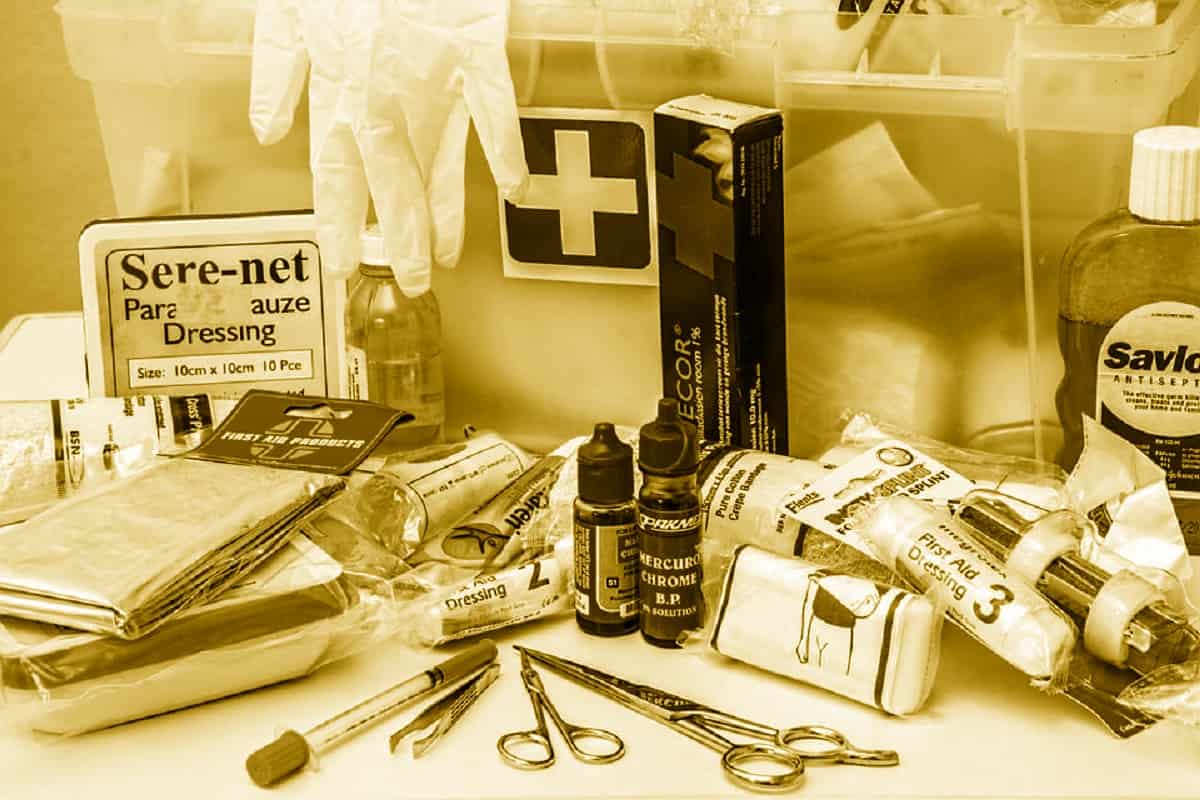
You might not be able to obtain food or water during a disaster for days or even weeks, and your power supplies may not function. If you are afflicted by emergencies and have limited access to normal medical treatment, an emergency health care kit should be created. It should address your top health needs. If you need to leave the house, keep it in a container that is simple to transport. Having a health care kit is crucial for your survival.
Your response to emergencies can be more efficient if your healthcare box is well-stocked. Keep one kit in your car and one at your house. Be sure they are kept in a convenient location that is out of reach for small children. Make sure kids who are old enough understand the significance of a health care emergency, and are aware of the place you store the kits.
Surely, you can buy ready-made healthcare kits. However, we highly recommend composing your own, since it will be based on your activities and needs.
A perfect healthcare kit might include medications, basic supplies, and emergency items. These are just some of the examples, which may help you to organize your health care kit.
Health Care Kit Basics:
- medical tapes and bandages
- glue stick
- tourniquet
- sterile bandages
- quick-chill packets
- sterile cotton
- plastic bags in a variety of sizes
- sanitizers and antiseptics
- eyewash mixture
- antibiotic cream
- thermometer
- masks
- syringes
- scissors
- first-aid guide
Health Care Kit Medicines:
- Hydrogen peroxide
- Lotions and gels
- Treatment for diarrhea
- Stomach treatments
- Antihistamines to relieve symptoms of allergies
- Cold, cough, and fever treatment
- All kinds of pain relievers
If you are subjected to diabetes, cardiovascular, or any other chronic diseases, be sure to include your special prescriptions to avoid a life-threatening situation.
Furthermore, think about including aspirin in your health supply as well. For an adult experiencing chest discomfort, aspirin may be life-saving. If you have bleeding issues or are allergic to aspirin, or if your doctor has already advised against it, do not take aspirin.
You can also include antiseptic towels, antibiotic ointments, gauze rolls and pads, wound closures, and other multi-purpose items for any potential crisis.
Health Care Kit Information
Information about your family doctor, pediatrician, and local emergency services should be included in the list of emergency phone numbers. Also, do not forget the medical documents for each member of your family.
You may also want to include:
- batteries and a waterproof flashlight
- a notebook and a pen
- blanket
- solar-powered cell phone
- sunscreen lotions and pest deterrents
A regular check
Update and replenish your health care kits frequently to make sure the batteries are functional and to replace any expired materials and medications. To be even more prepared for crises, think about enrolling in first-aid training through the Red Cross or one of your community organizations. For details on different courses, get in touch with your neighborhood authority.
Give kids appropriate medical emergency preparation. The Red Cross provides a variety of useful tools, such as lessons aimed at educating kids and teaching them the necessary skills.




